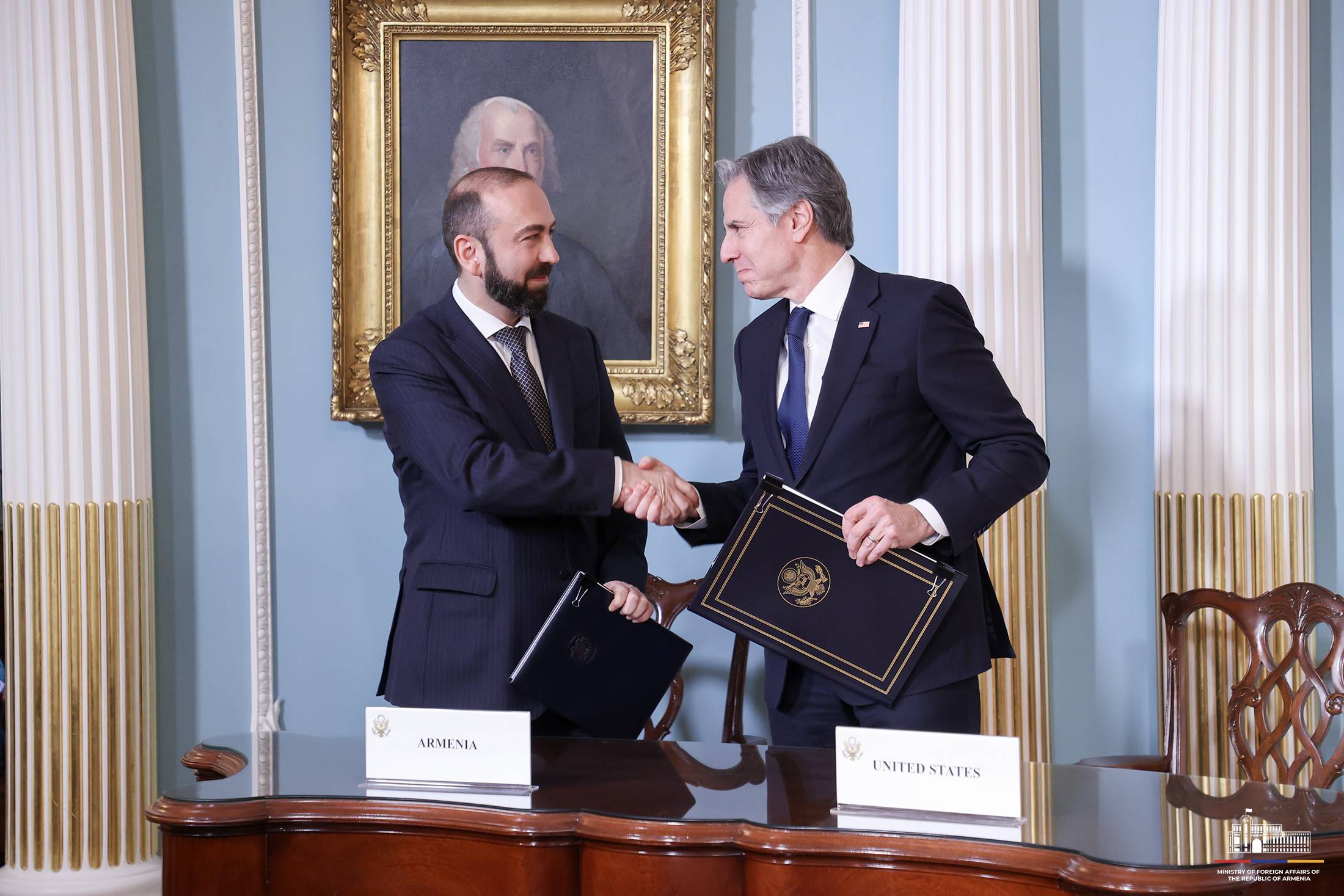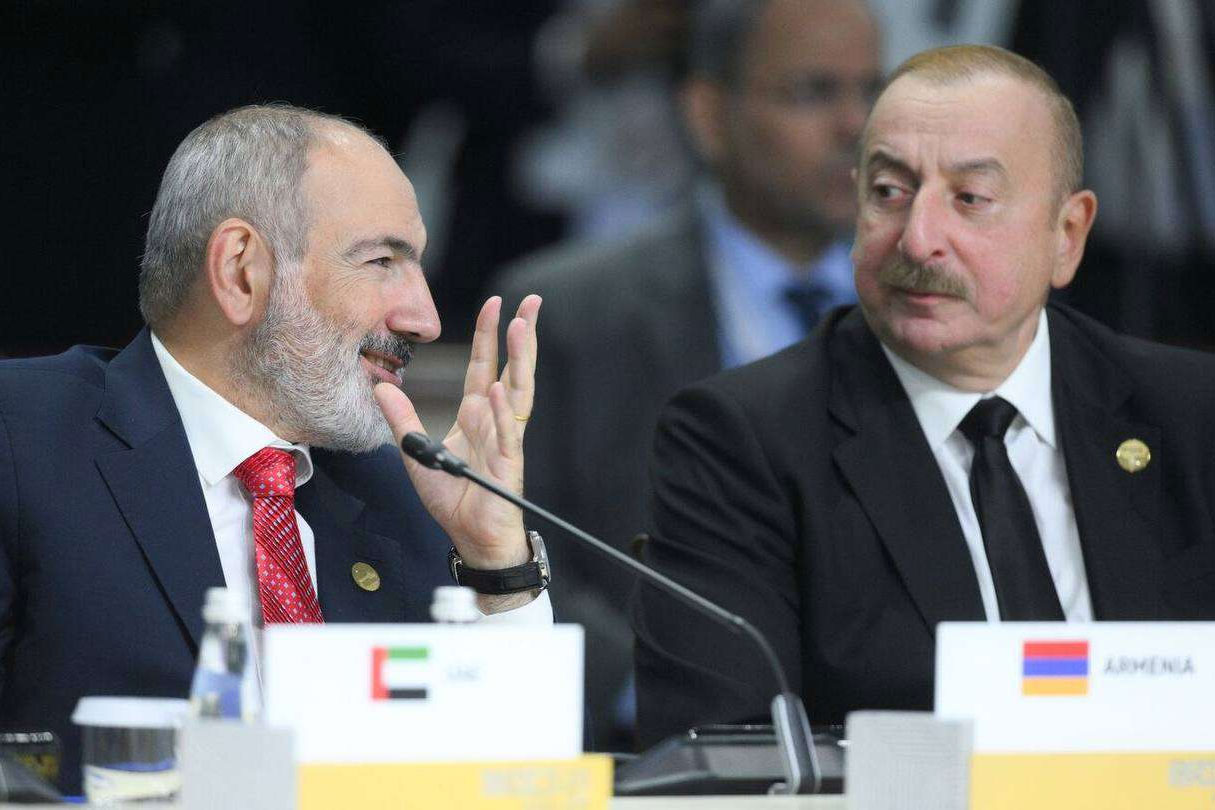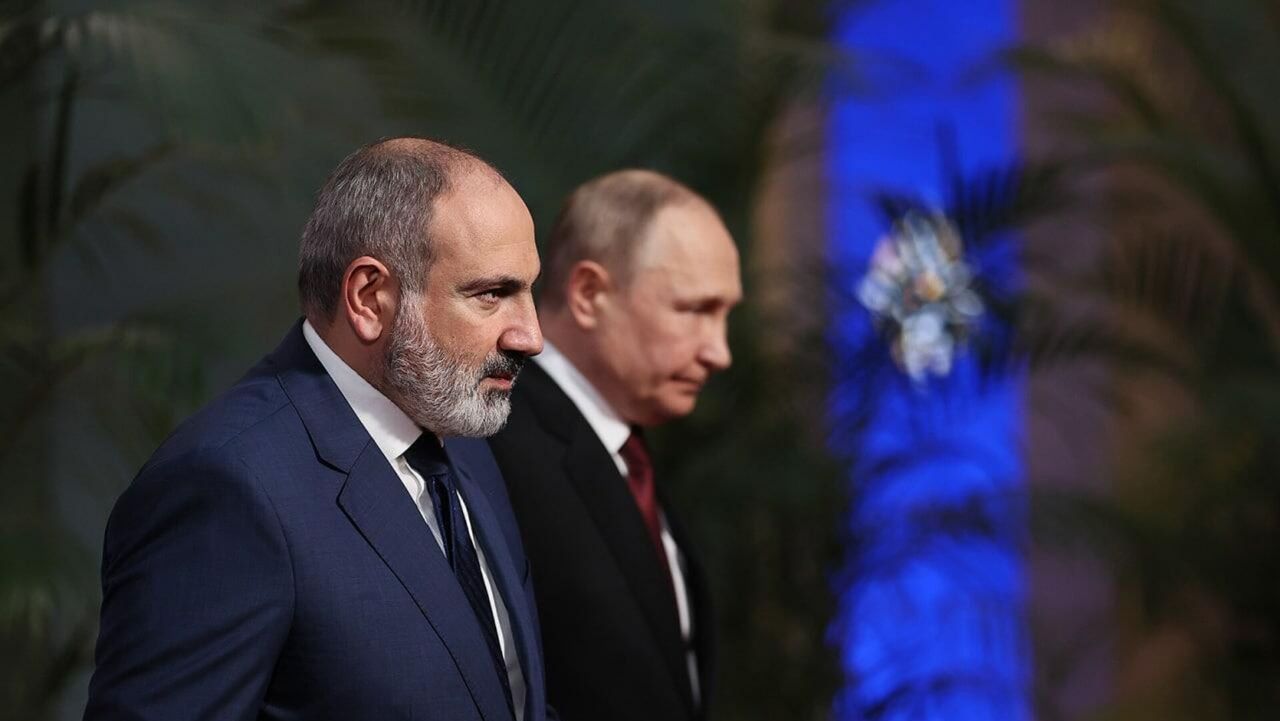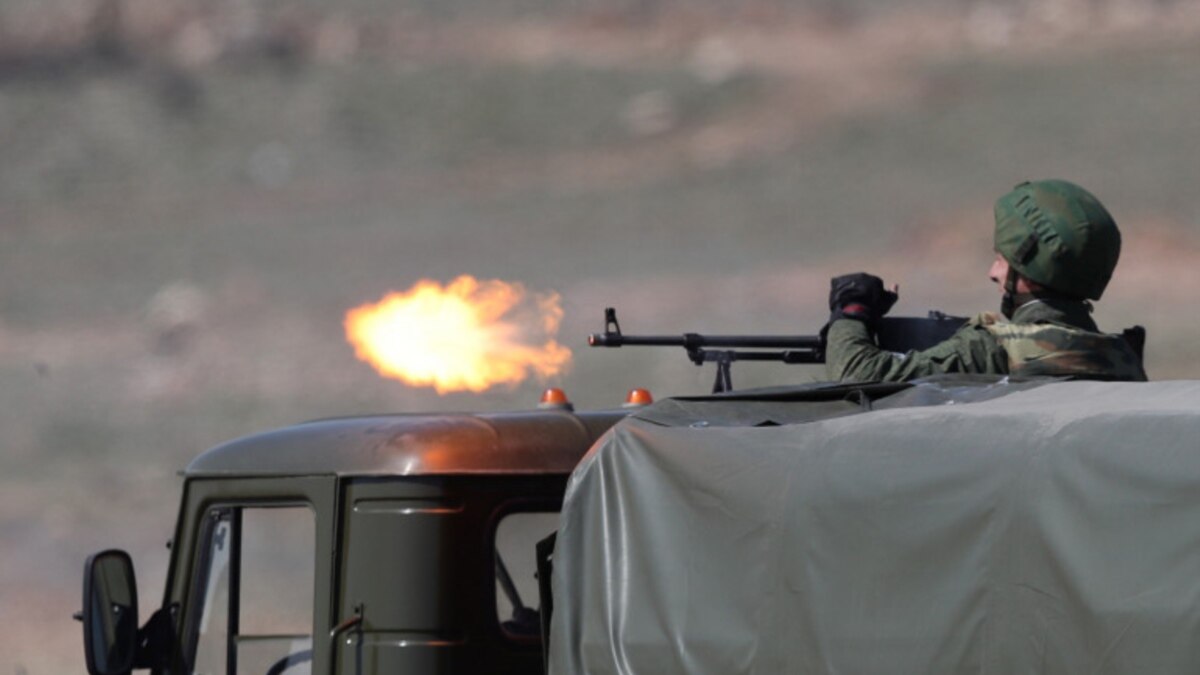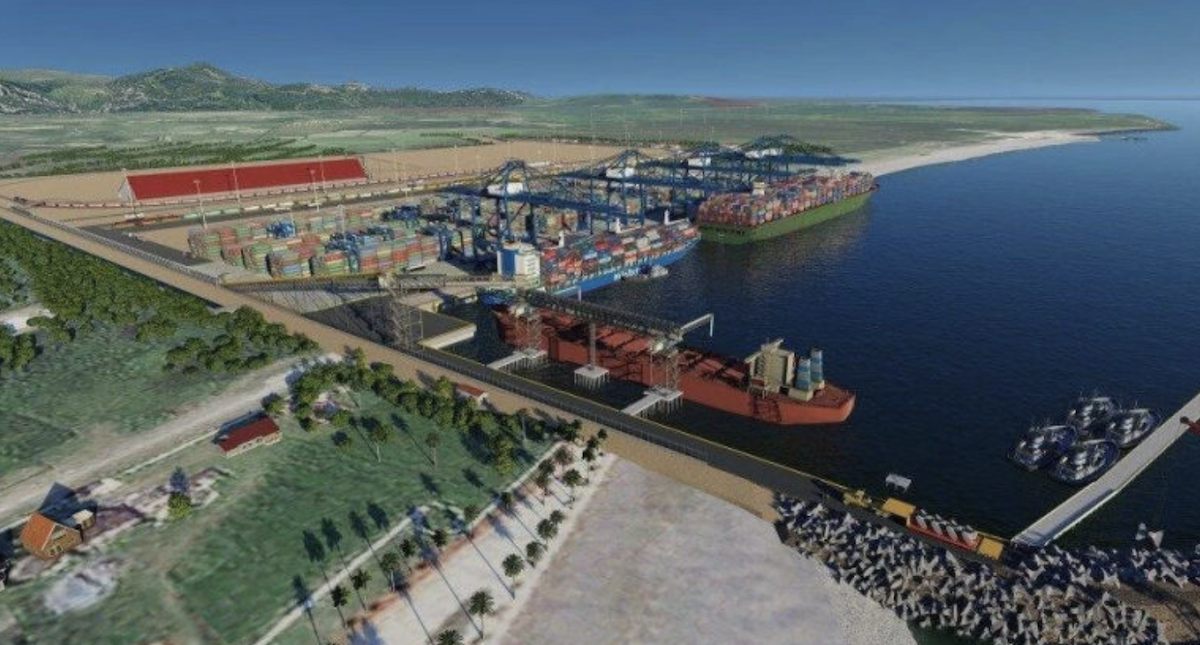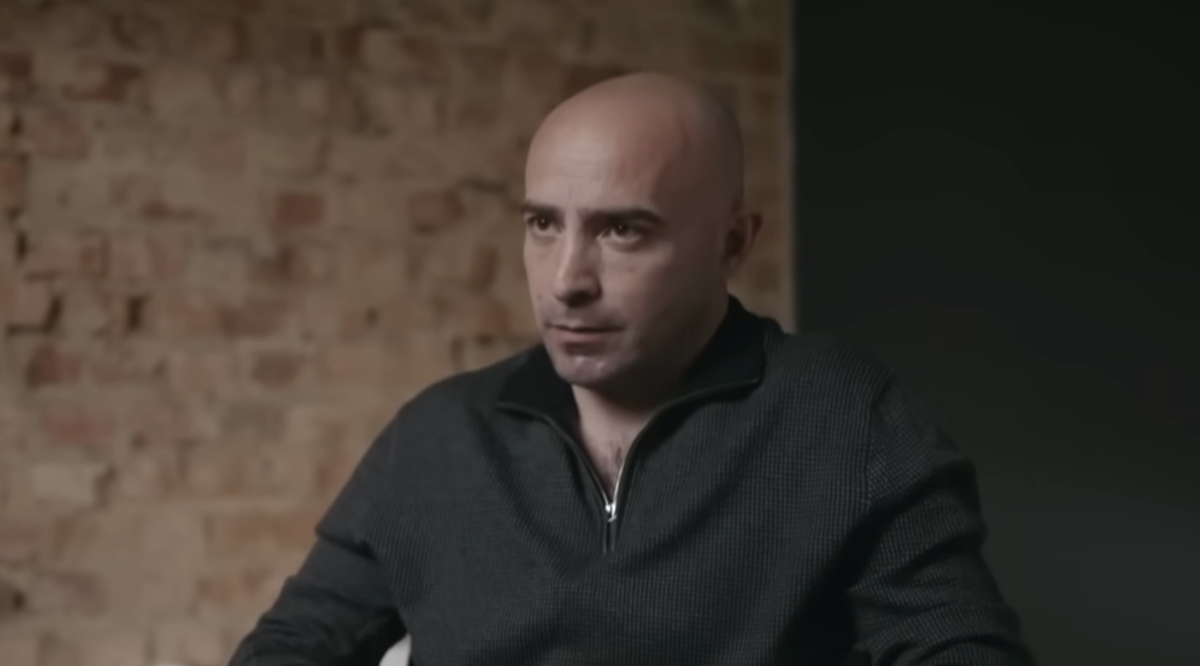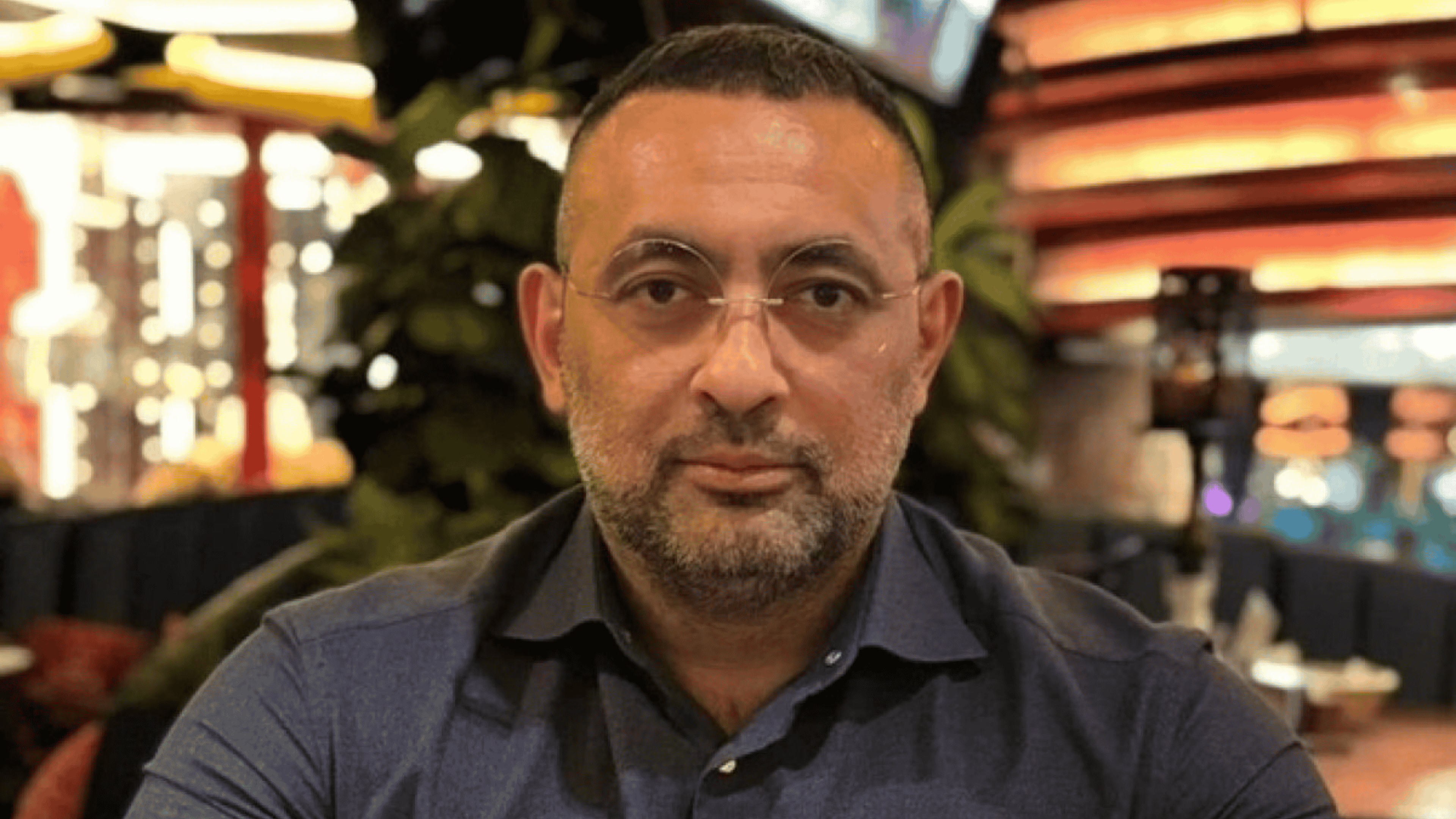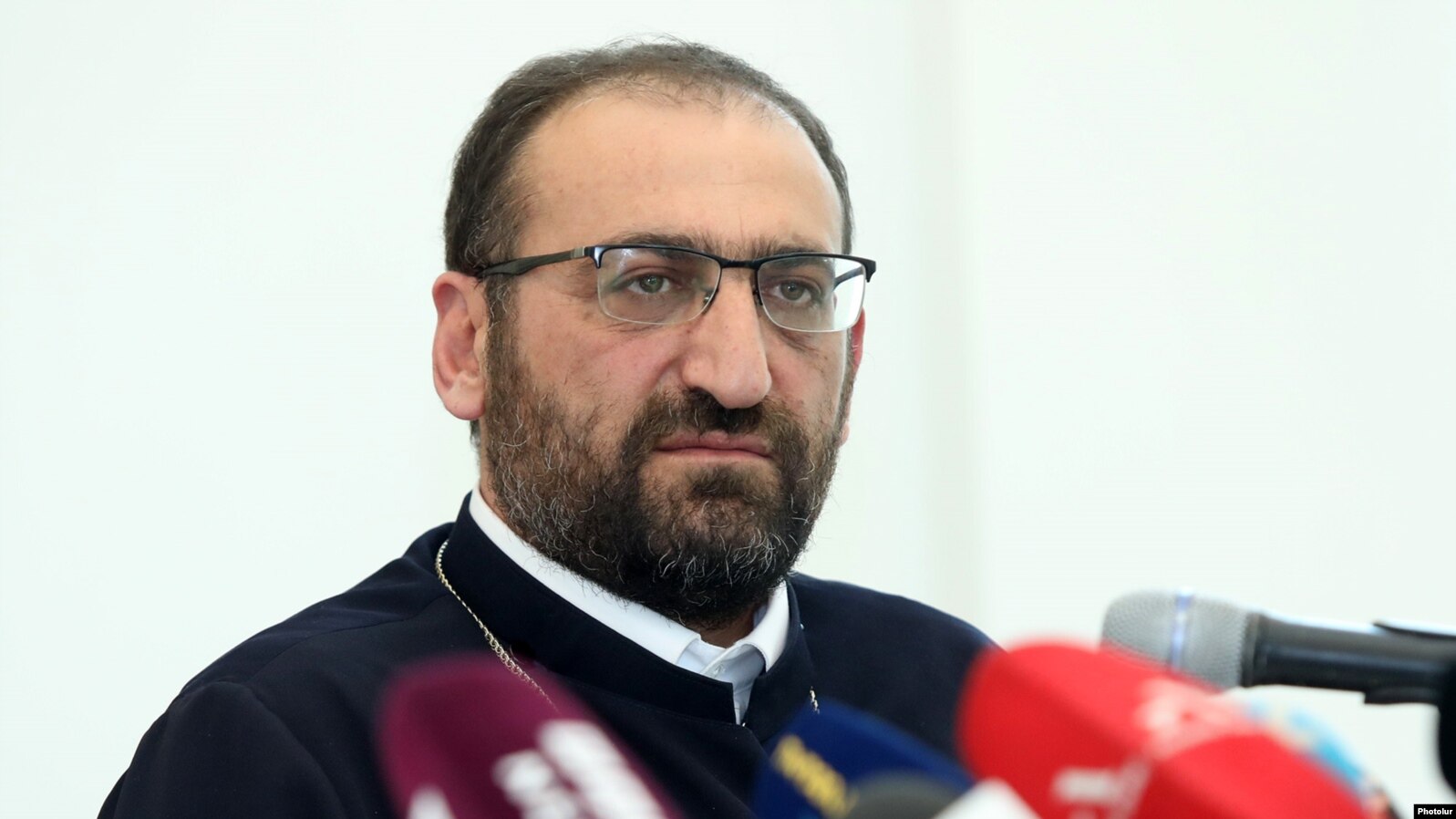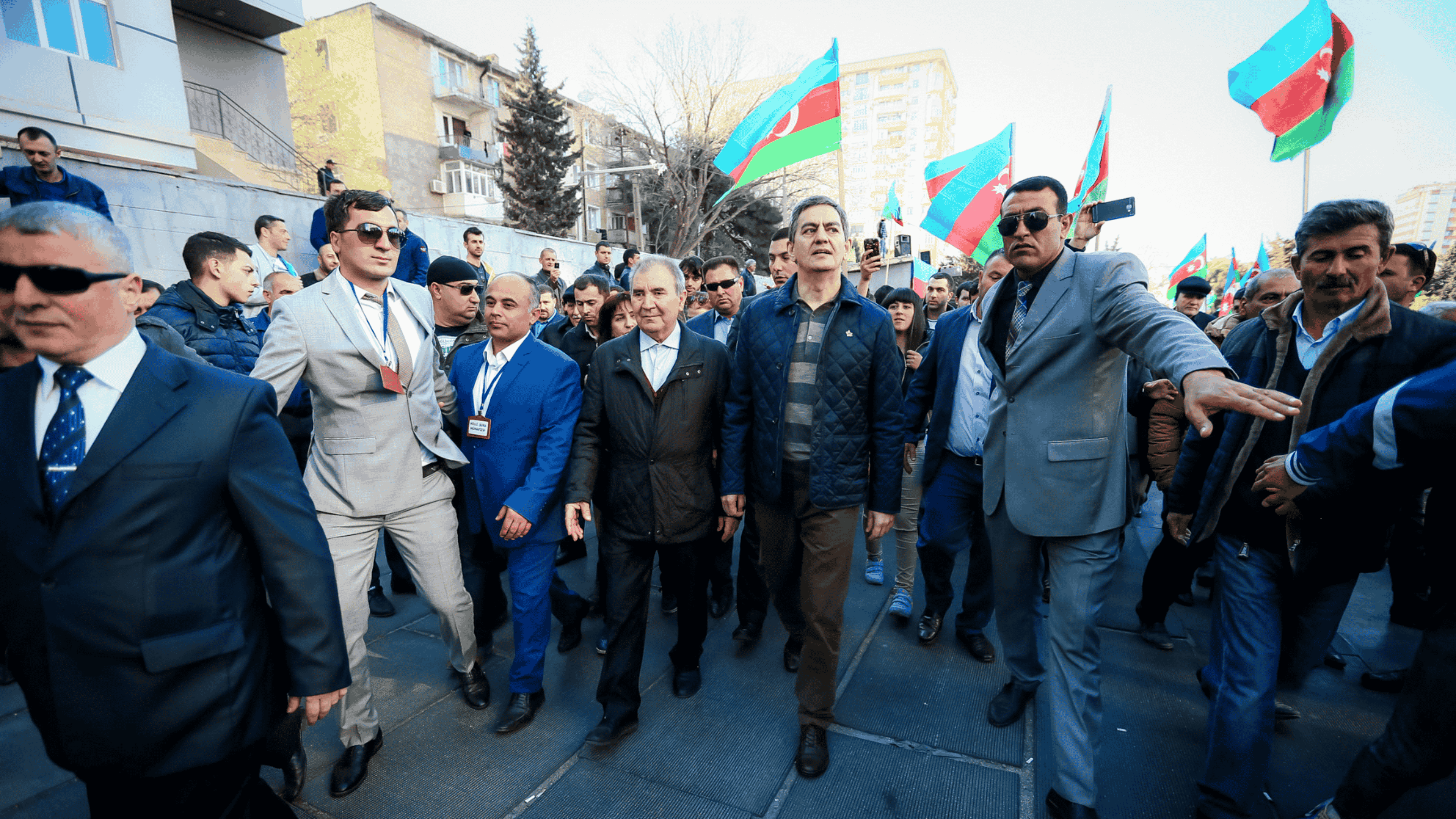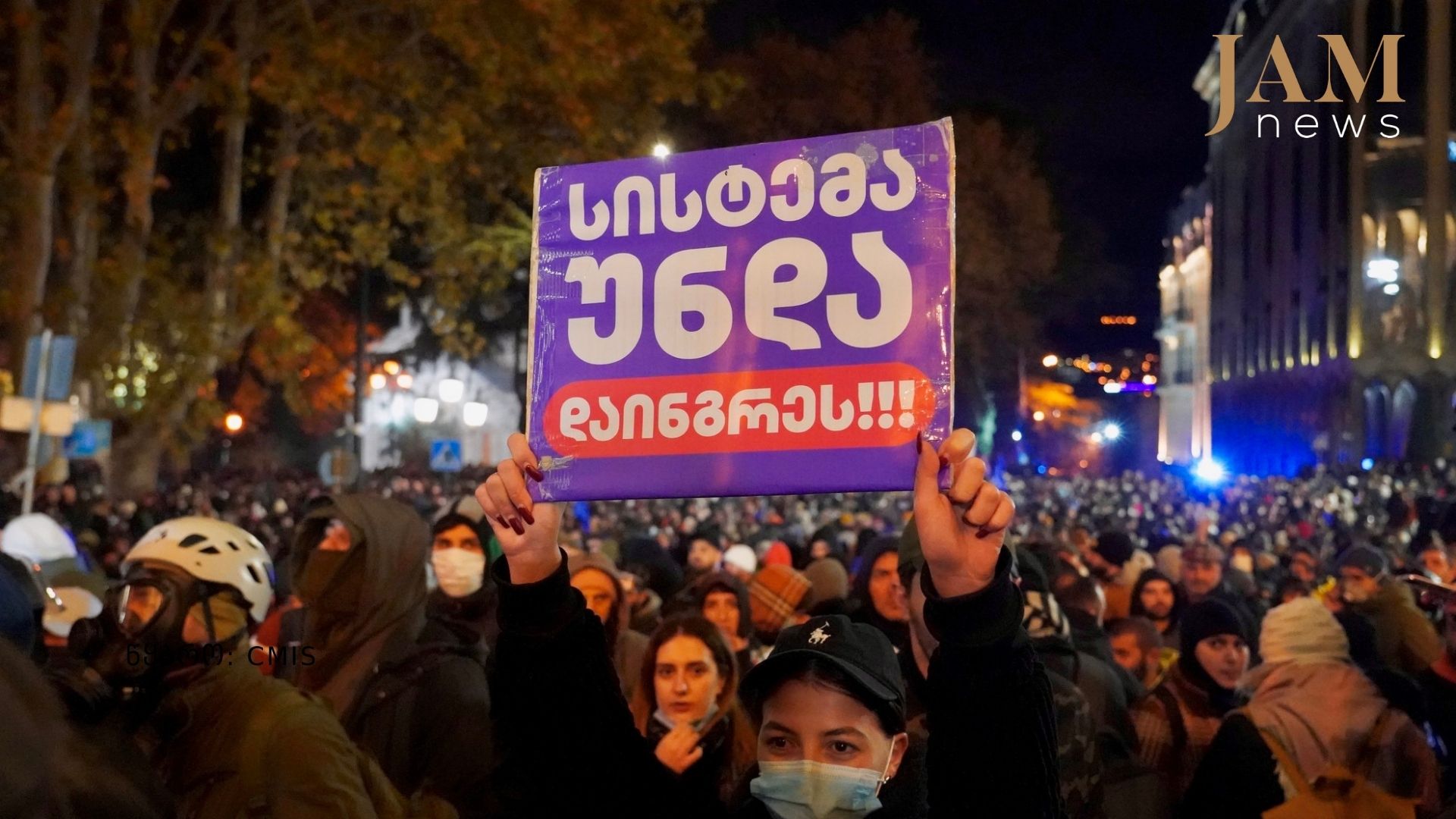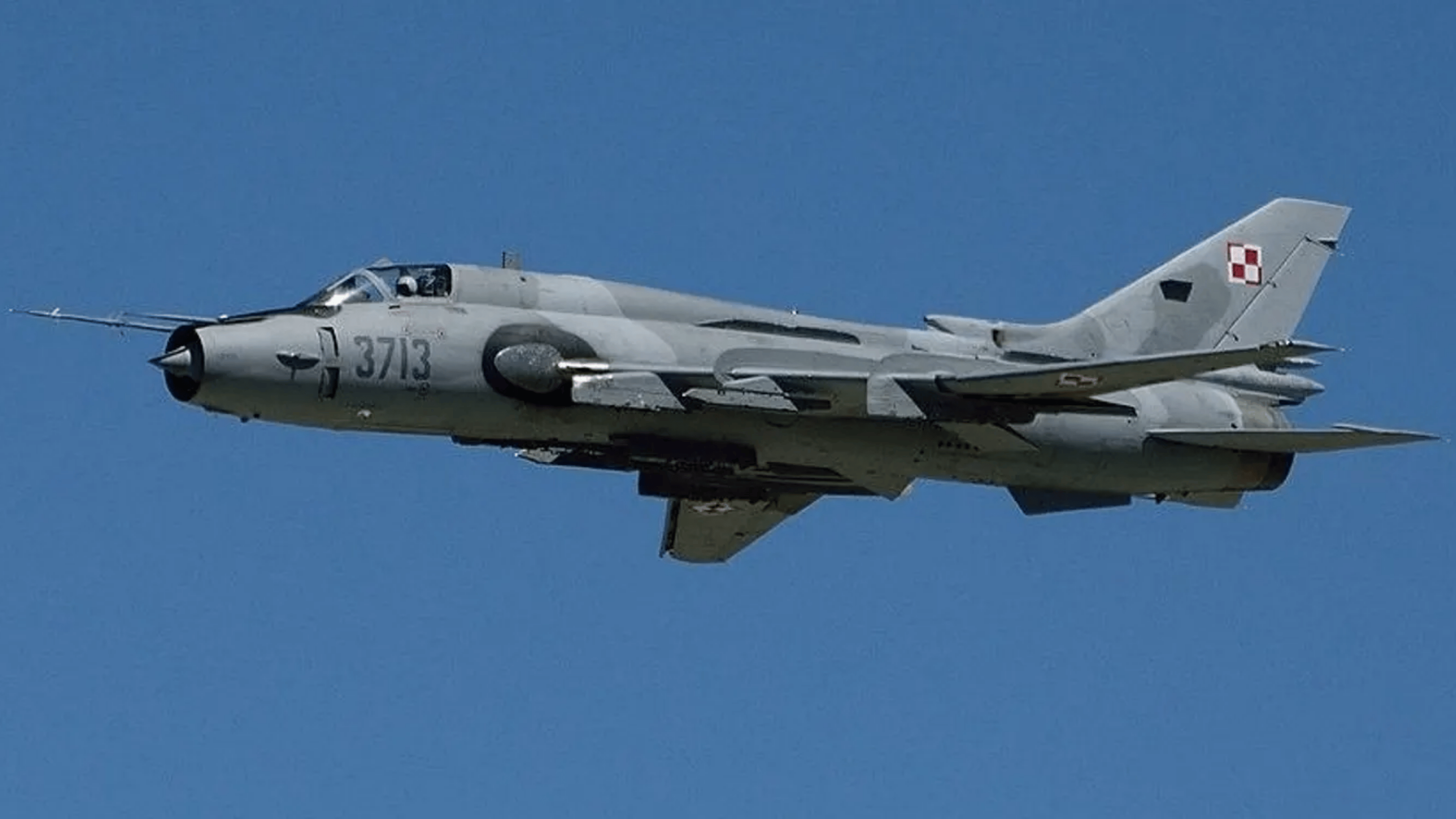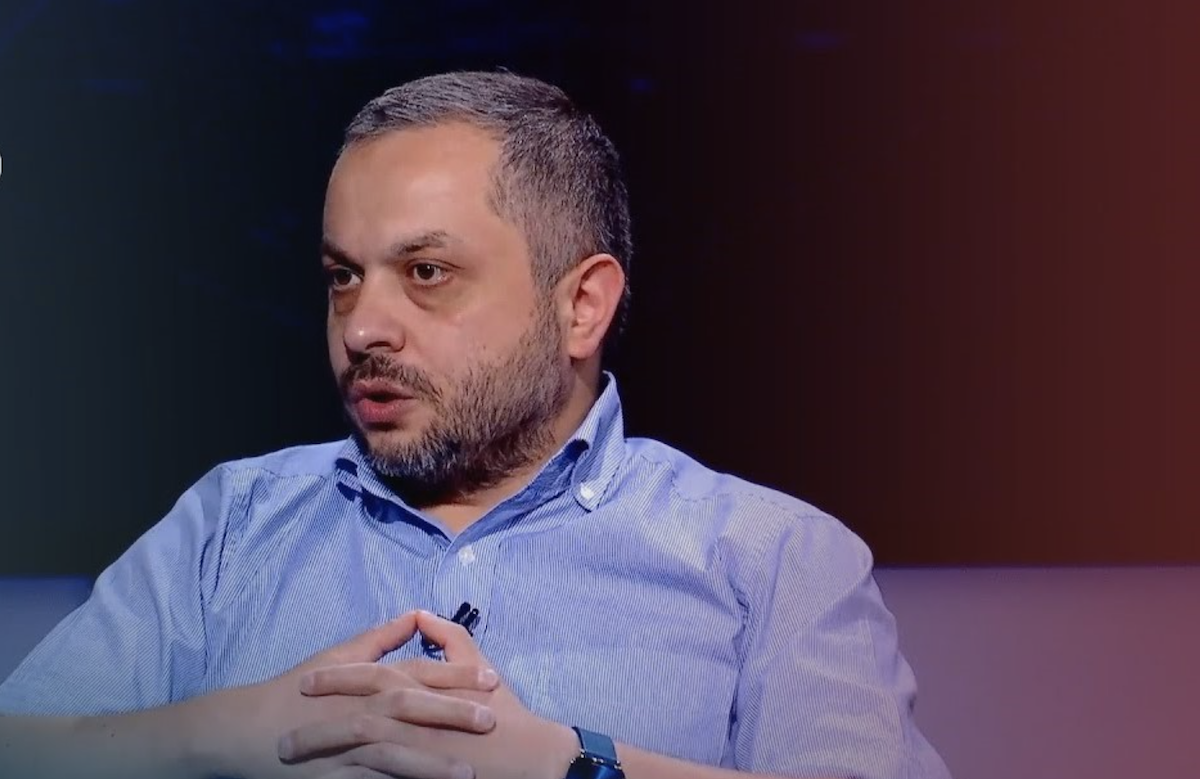'US not selling us weapons yet, but we're interested' – Armenian Defence Minister
signing of the Strategic Partnership Charter
“We are satisfied with our cooperation with the US. The pace is encouraging, and there is clear positive progress. We hope the achievements of 2024 will not only continue but multiply in 2025, further strengthening our partnership,” said Armenian Defence Minister Suren Papikyan.
Speaking about the signing of the Strategic Partnership Charter between Armenia and the US, Papikyan expressed satisfaction with the growing level of Armenian-American cooperation. He emphasized that the established defence partnership “fully fits within the framework of this new document.” He highlighted the joint military exercises Eagle Partner and US involvement in reforming Armenia’s armed forces as examples of this collaboration.
During a press conference reviewing the past year, Papikyan touched on key topics, including partnerships with the US and France, arms procurement, relations with Russia’s CSTO military bloc, and the return of funds for undelivered weapons from Russia.
- ‘Trump’s rejection of isolationism could weaken Russia’s influence’- opinion from Yerevan
- “Membership in the CSTO does not hinder Armenia’s cooperation with the US.” Opinion from Yerevan
- Opinion: ‘EU expects assurances from Armenia that Georgia failed to provide’
“Agreement signed with US does not include arms sales“
Journalists asked whether the Strategic Partnership Charter signed by Yerevan and Washington includes provisions for arms procurement. Suren Papikyan clarified that the document does not include such measures:
“Naturally, we are interested in our cooperation eventually reaching that level.”
He further emphasized that the Armenian-American partnership is grounded in an institutional and long-term approach.
Addressing questions about the role of partners and strengthening Armenia’s defence capabilities, the minister noted that the “burden” of border protection should not fall solely on a single partner or the armed forces alone. He stressed the importance of combining the army’s defensive capacity with a balanced foreign policy.
“Cooperation with US and France aims to strengthen Armenia’s defence capabilities“
The head of the defence ministry stated that both France and the US are assisting in reforming Armenia’s armed forces through consultations:
“The opportunities they provide are crucial for the institutional reform of our military and the development of a new internal structure.”
Regarding the supply of weapons and ammunition, Papikyan reiterated that Armenia acquires military equipment solely for self-defence purposes.
“Moreover, Armenia’s armed forces do not aim to compete with anyone in terms of armament,” he added.
“Peace in region depends on more than just Armenia and Azerbaijan”
Papikyan sees no grounds for a new escalation despite threats coming from Azerbaijan. He explained that Armenia is working toward establishing peace in the region and has presented Azerbaijan with concrete proposals to address all issues:
“I believe that through dialogue, discussions of our proposals, and their public disclosure when necessary, we can make the vision for achieving peace in the region accessible to everyone.”
At the same time, he emphasized that security in the South Caucasus depends on more than just Armenia and Azerbaijan. In his view, all regional states share responsibility for peace:
“Of course, the region is going through challenging times. But I believe that the existing problems can be resolved through negotiations.”
“Armenia’s decision to step away from CSTO is legitimate”
“Is our decision not to work under the CSTO umbrella objective and well-considered? I believe this is confirmed daily. Until our CSTO partners change their position and attitude, our stance remains legitimate and rooted in Armenia’s interests,” stated Suren Papikyan.
Armenia has long refrained from participating in activities within the Russian-led CSTO military bloc. Armenian authorities have announced a suspension of their involvement in the alliance, which includes Belarus, Kazakhstan, Kyrgyzstan, and Tajikistan. This decision stems from the failure of CSTO allies to fulfill their commitments to Armenia. Following incursions by Azerbaijani armed forces into Armenia’s sovereign territory (notably in May 2021 and September 2022), Armenia sought assistance from its allies. The CSTO’s response was delayed, and it ultimately stated that the Armenia-Azerbaijan border had not been demarcated. In response, Armenian Prime Minister Nikol Pashinyan remarked:
“If it is said that there is no border between Armenia and Azerbaijan, then there is no CSTO. The CSTO has a zone of responsibility defined by borders. If there is no border, there is no zone of responsibility, and if there is no zone of responsibility, there is no organization.”
Papikyan emphasized that Armenia has not terminated any bilateral agreements with Russia or withdrawn from the CSTO. He noted:
“We are not to blame for the fact that there is not a single Armenian officer within the CSTO.”
The Defence Minister reiterated that Yerevan remains interested in cooperating with Moscow:
“But when we talk about the CSTO and attempt to forget the events of 2022, jumping straight to 2025 and saying everything is fine, that is not the case. We have objective questions.”
According to Papikyan, Armenia awaits answers to all these questions, and the “depth and level of future cooperation” with Russia will depend on those responses.
“Russia to deduct cost of undelivered weapons from Armenia’s debt”
Since last year, the issue of what will happen to the advance payment for weapons that Russia failed to deliver to Armenia has been actively discussed. The amount in question is approximately $400 million. Addressing this, Papikyan stated that an agreement has been reached between the finance ministries of both countries to deduct this sum from Armenia’s interstate debt:
“It’s difficult for me to say at what stage this issue currently stands. But such an agreement has been reached.”
He emphasized that this is not the only agreement between Armenia and Russia. Some, he noted, are being implemented properly, while others, due to delays, may result in “penalties in the form of fines.” However, Papikyan did not provide further details.
signing of the Strategic Partnership Charter










